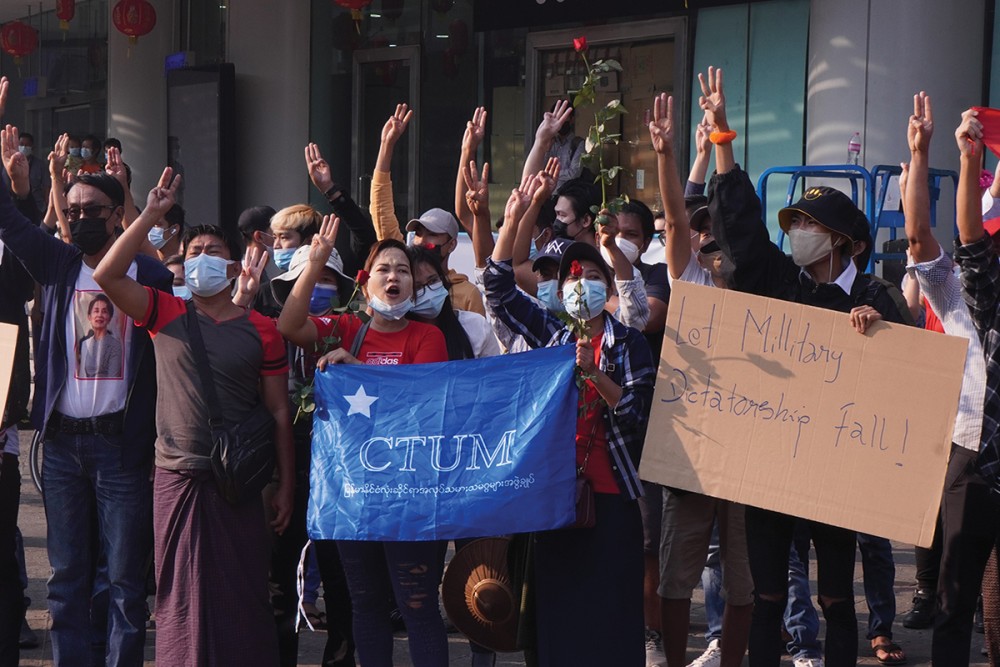Myanmar’s civil war has continued unabated for 60 years
How could a Buddhist country have one of the worst human rights records in the world?

These are difficult days in the country of Myanmar. Following years of house arrest and harassment, Aung San Suu Kyi was rehabilitated as state counselor in 2015. The party she leads, the National League for Democracy, took up seats in parliament for the first time. Despite her baffling refusal to condemn the genocide of the Rohingya Muslims, Burmese people continued to be loyal to her leadership and dared to believe the political tide had finally turned.
But another landslide election victory for the NLD in November 2020 was too much for the generals—who have led the country since a 1962 takeover—to stomach. Since February 2021, the full force of the military junta has cracked down on protesters once again. To date, more than 1,300 have died, and more than 8,000 have been detained or imprisoned. In December, Aung San Suu Kyi was arrested on trumped-up charges and now faces several prison sentences. Any influence she may have wielded seems to have evaporated.
The national psyche of the Burmese people is defined by a long history of strong-armed leadership. Beginning in the 14th century, the rule of soldier-kings led to prosperity for some and to the subjugation of an assortment of distinct people groups within its borders. Then British colonialism led to two attritional wars and the capitulation by King Thibaw to the British at Mandalay in 1885.




